Wastewater solutions for metal surface treatment processes
The surface treatment and metal finishing industry covers a large variety of activities whose purpose is to treat metal surfaces, protect them from corrosion, enhance their appearances with metallic coatings, or improve their resistance to erosion or wear.
Processes include electroplating (nickel-chrome plating, zinc plating, brass plating, hard chrome plating, silver plating, etc.), chromating or passivation, anodising, phosphating, metal pickling, etching, chemical surface treatment, hot-dip galvanizing, PCB-production, and surface hardening.
Wastewater from these activities often contains high concentrations of metal pollutants that are hazardous to the environment and pose potential health risks to humans. Heavy metals in wastewater streams do not naturally degrade and are toxic to aquatic life, even at low concentrations. With increasingly stringent regulations in relation to discharge of wastewater, there is a growing need for more efficient and cost-effective methods to remove heavy metals from industrial wastewater.
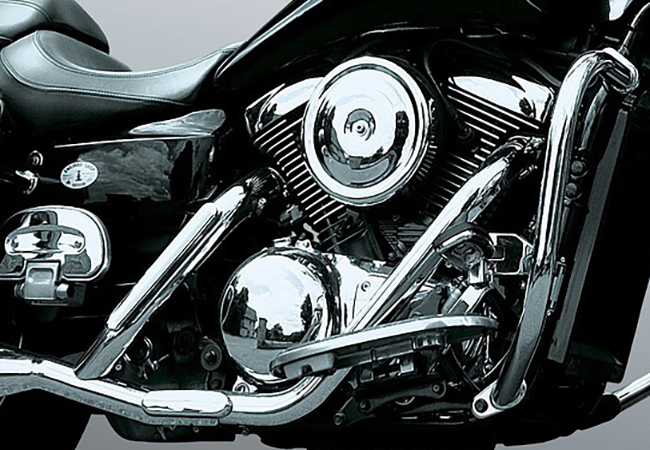
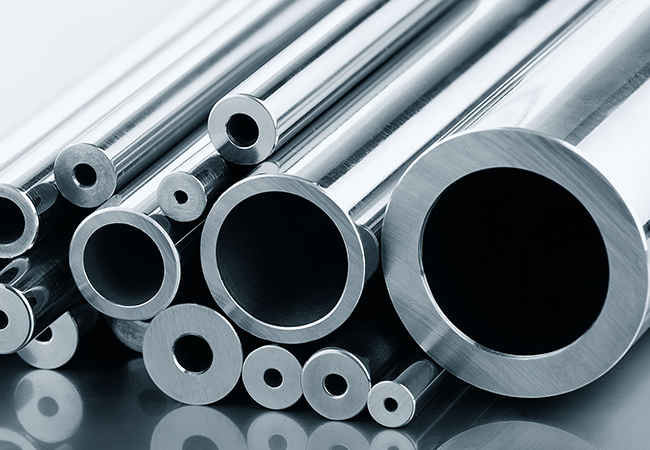
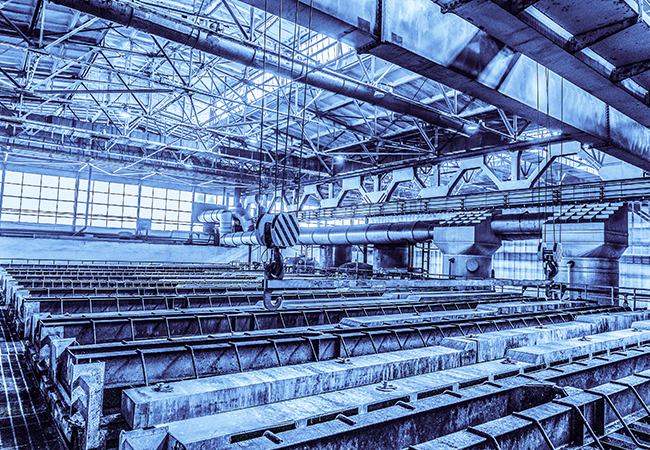
Aquarden’s solutions for removal of heavy metals
Aquarden is an expert in the development and delivery of environmentally friendly systems for treating toxic wastewater streams. We offer a wide range of systems and solutions depending on the composition of the particular waste stream.
We have developed systems and solutions directed towards industrial processes within the metal finishing industry to remove heavy metals in waste streams and help ensure regulatory compliance. Systems include our Waterbrane™, which is a micro filter specially designed for precipitating heavy metals in both large and small wastewater streams. Metals that can be removed include chromium, molybdenum, iron, aluminium, nickel, copper, zinc, cadmium, lead, tin, titanium, and zirconium. We can also remove fluoride, cyanide, oil and other toxic chemicals from the wastewater.
Aquarden has especially expertise in preparing BAT-solutions where the waste is minimized by using the most modern production methods. Also, water consumption is reduced by using the best rinse technology and reuse of water as much as possible. Only in this way the industry will comply with the new environmental legislation in Denmark and EU.
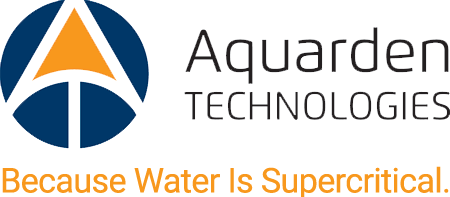

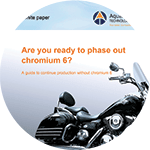 From September 2017 EU tightened the requirements for use of chromium 6 in surface treatment processes. This white paper guides you through the rules and alternatives, so you can continue your production – even after the EU has imposed more stringent requirements.
From September 2017 EU tightened the requirements for use of chromium 6 in surface treatment processes. This white paper guides you through the rules and alternatives, so you can continue your production – even after the EU has imposed more stringent requirements.